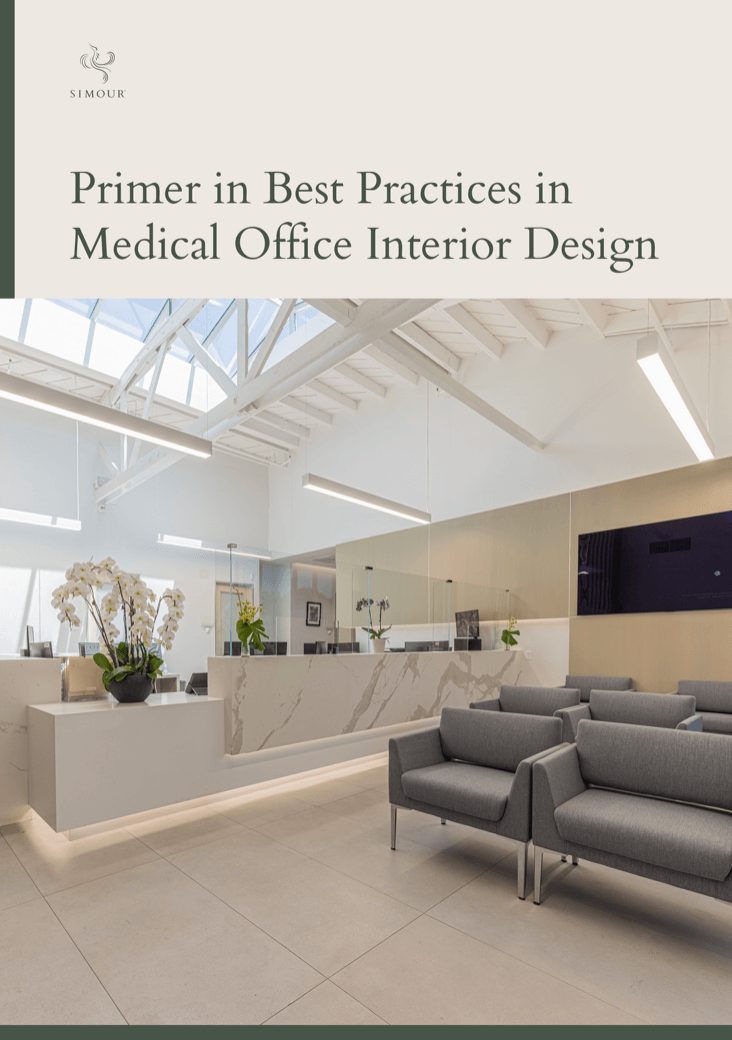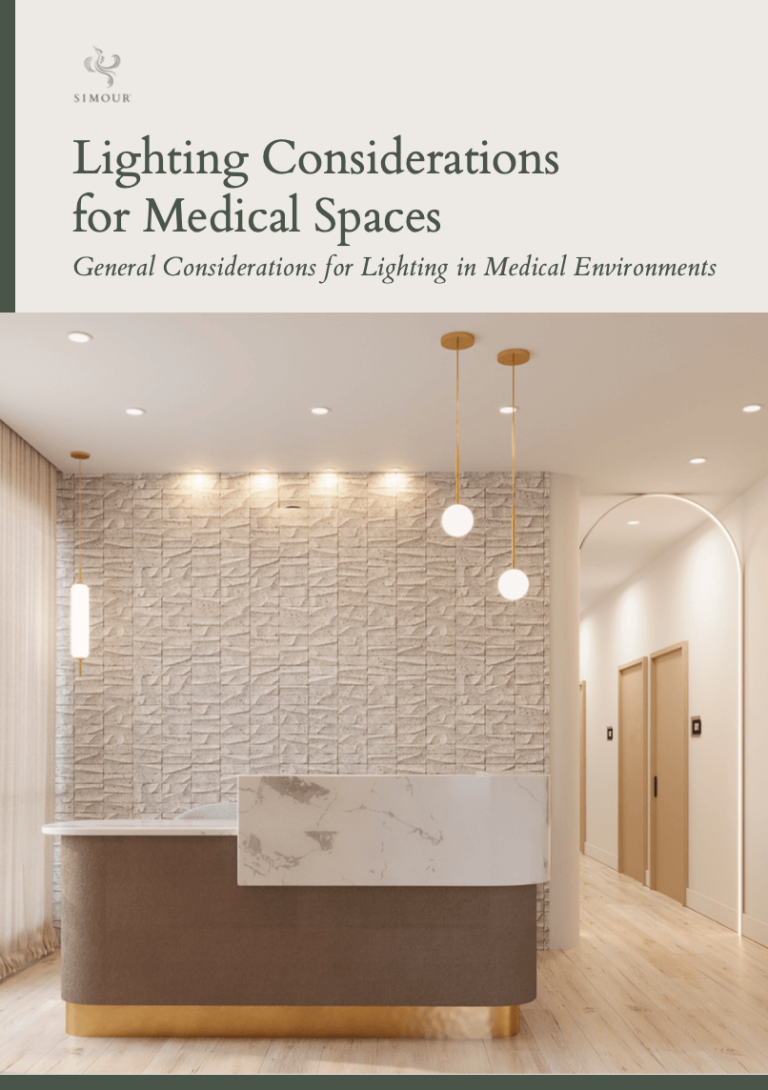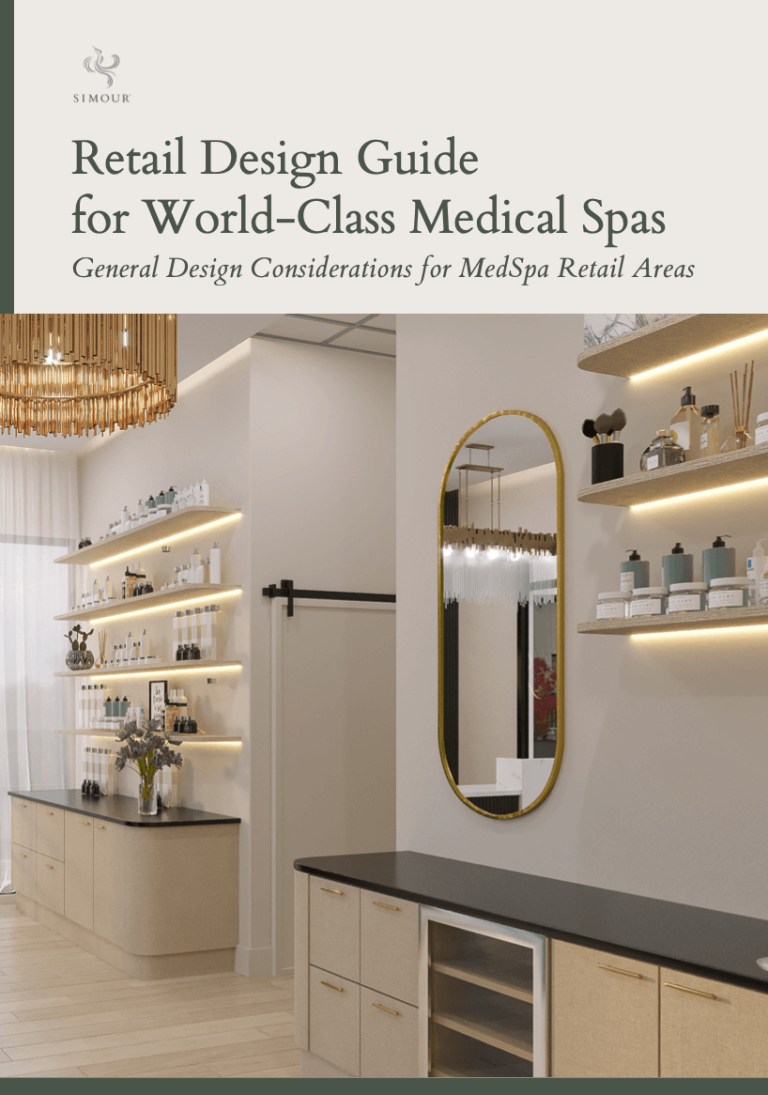If you’re thinking about expanding, renovating, or building a new medical space, here’s one truth that can save you time, money, and stress:
The earlier you begin planning your space, the more successful the outcome.
It sounds simple. But in practice, many medical professionals delay design decisions until it’s almost too late, often starting after they’ve already signed a lease, engaged contractors, or finalized their budget. By then, the ability to think strategically, align with your brand, and truly optimize your space is significantly reduced.
That’s why we always recommend beginning the design process well before construction begins, ideally at least 6 months ahead for minor renovations, and even earlier for full buildouts or relocations.
But why does early planning matter so much?
Strategic Design Requires Strategic Timing
A high-performing space doesn’t happen by accident. It’s the result of thoughtful, layered decision-making and that takes time.
Conscious Design is a method we use to intentionally align your space with your long-term business goals, your patient experience, and your brand identity. But to do that well, we need room to:
- Understand your vision
- Analyze your operational needs
- Explore layout and flow options
- Translate abstract goals into concrete spatial solutions

This isn’t just “design” in the aesthetic sense. It’s strategic architecture. It’s experience engineering. And it works best when it begins early, before decisions are made for you by default.
Early Planning Helps You Avoid Expensive Mistakes
One of the most common regrets we hear from clients is this: “I wish we had involved design sooner.”
When design is treated as an afterthought, the result is often inefficiency, both in how the space functions and how it contributes to revenue. Some examples:
- A missed opportunity to add an additional treatment room that could generate six figures annually
- A layout that forces staff to take 15 extra steps per patient, creating friction and fatigue
- Brand misalignment between the space and the elevated experience your patients expect
Worse, late-stage design changes can lead to change orders, construction delays, and spiraling costs. All of which can be prevented with proactive planning.
Conscious Design Is a Growth Strategy, Not a Finishing Touch
Design is often seen as something you do at the end, picking finishes, selecting furniture, choosing colors. But with Conscious Design, it’s the starting point.
Why? Because the design of your physical space directly impacts:
- How patients feel the moment they walk in
- How efficiently your team operates
- How well your brand is remembered
- How quickly you see a return on your investment

When your space is designed with purpose not just style, it becomes a silent partner in your growth. One that’s working for you every day, even when you’re not thinking about it.
Planning for What’s Next, Not Just What’s Now
Whether you’re adding one new room or designing an entirely new facility, the space you’re envisioning today should be built to support the practice you want tomorrow.
That’s where early planning becomes transformational.
It gives you time to make decisions intentionally not reactively. It opens space to explore new possibilities. And it ensures that what you’re building is rooted in clarity, not compromise.
If you’re even beginning to consider a renovation, expansion, or new location, now is the moment to start thinking strategically.
Our design process is built for this purpose. In just one session, we kick off to identify:
- Clarify your vision
- Evaluate your current or future space
- Identify opportunities for efficiency, ROI, and patient connection
- Lay the foundation for a space that reflects who you are, and where you’re going
Your future practice deserves more than beautiful design.
It deserves to be built on purpose.




